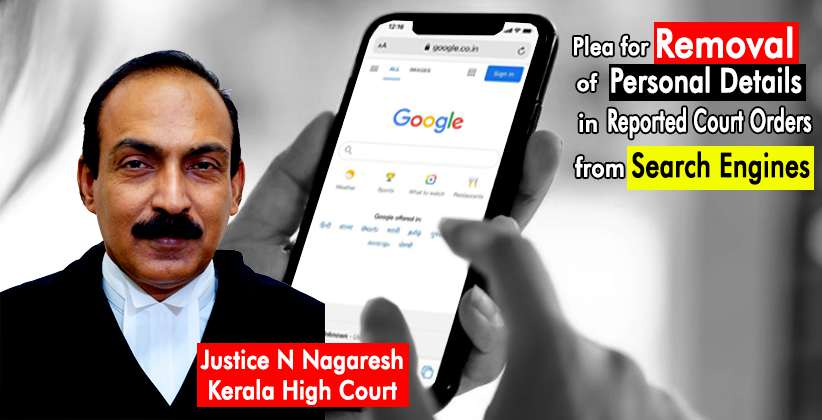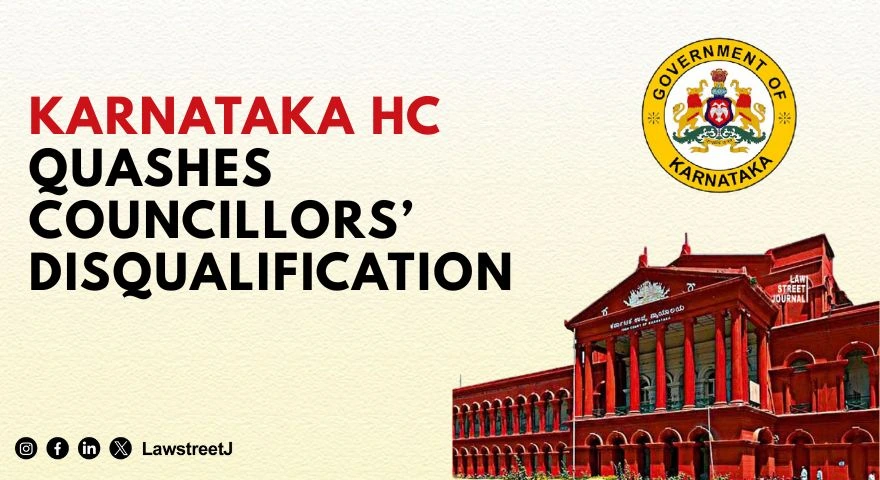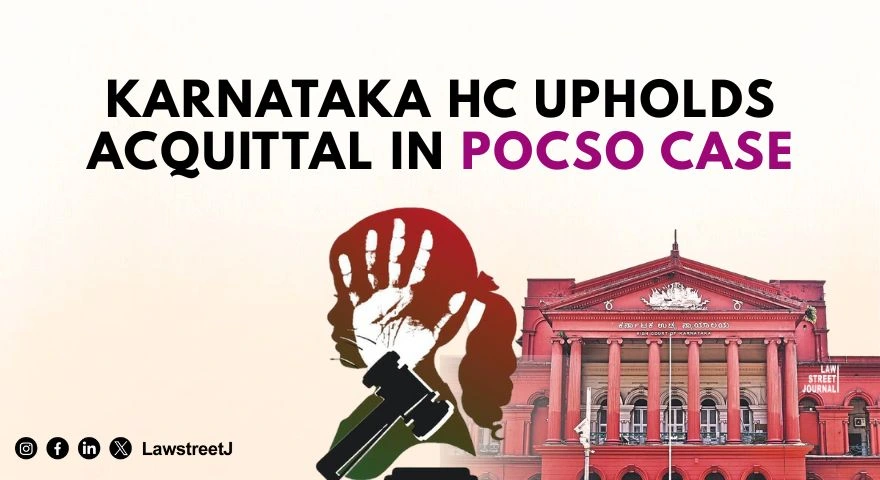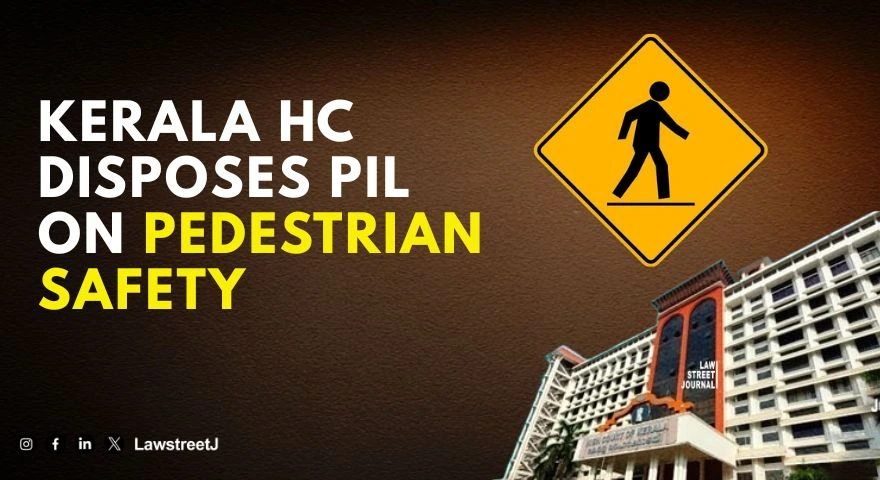The Kerala High Court admitted a petition seeking the erasure of a persons personal details from a court order available on the internet (Nikhil S Rajan v. Union of India and Ors).
A Single Judge Bench of Justice N Nagaresh admitted the petition, which seeks the erasure of the petitioners personal details from a Google search result.
The petitioner, a consultant dentist, approached the Court aggrieved that a bail order containing his personal details was the first result of an internet search, despite his subsequent acquittal in the case.
Apart from this, the details of the crime of which he was accused as well as his personal details were printed in the bail order. Moreover, he noticed that the filing details of the crime as specified in the bail order were erroneous.
Describing the experience as traumatic, especially because the search result displayed his name, fathers name, address, and a wrong crime number, the petitioner has stated that the same infringes upon his right to privacy.
Based on the global practice in digital privacy, it has been argued that information on the internet has a character of digital eternity. The eternity of information on the internet would necessarily infringe on the right to privacy of individuals, it has been asserted.
The petition has been filed specifically against Google Inc. for the search result, and Indian Kanoon for carrying the bail order with the petitioners personal information.
The petitioner claims that he raised a grievance about the publication of his personal details on Indian Kanoon's database and that he did not receive a response. On this particular question, the petitioner states, even if a Law Reporter has the right to publish court judgments, their right does not extend to show a summary of past criminal records in a google search."
He further opines that a law reporter could simply publish the text of the judgment as opposed to publishing the petitioners personal details on the website. With respect to the law reporters act of carrying the judgment, the petitioner has argued that journalistic freedom did not extend to publishing a petitioners personal information as was done in the case at hand.
Representations were also made to Google and the High Court of Kerala (which had issued the bail order that contained the erroneous crime number).
Citing KS Puttaswamy v. Union of India, the petitioner has asserted that he is entitled to the right to privacy, which includes the right to be forgotten.
Continuing to carry the bail order with an incorrect crime number served no practical purpose, the petitioner states, especially as he was ultimately exonerated.
Advocates Johnson Gomez, Sanjay Johnson, John Gomez, Sreedevi S, Adil MH, and Alint Joseph are arguing the petitioner's case in the Kerala High Court.








